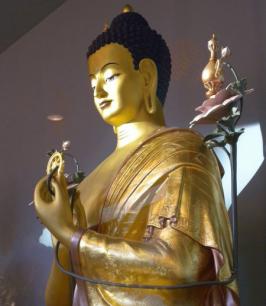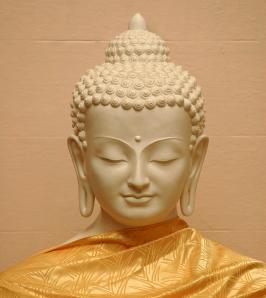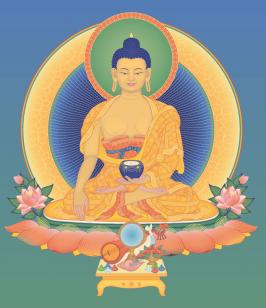Khedrubje Kadampa Buddhist Centre
meditation and modern buddhism in hull and north lincolnshire
What is Buddhism?
Today we can see many different forms of Buddhism, such as Zen and Theravada Buddhism. All these different aspects are practices of Buddha’s teachings, and all are equally precious; they are just different presentations.
At Khedrubje Kadampa Buddhist Centre we teach Buddhism according to the Kadampa tradition. These teachings is not given for the purpose of intellectual understanding, but for gaining profound realizations through which we can solve our daily problems of delusions and accomplish the real meaning of our human life.
One of the principle practices of Buddhism is meditation, which you can read more about here.


